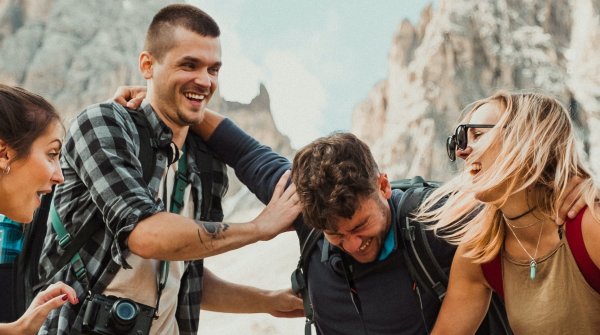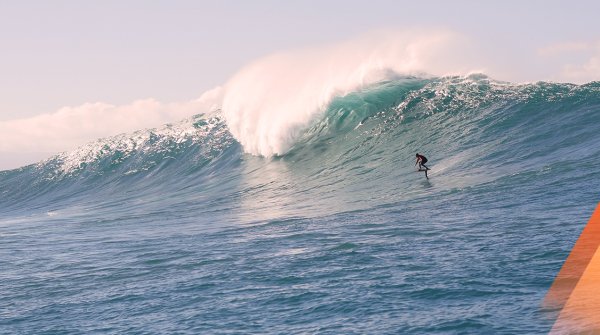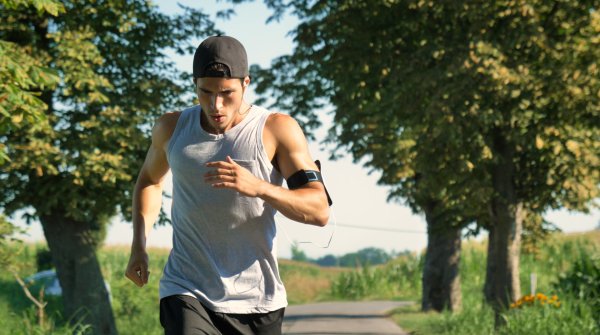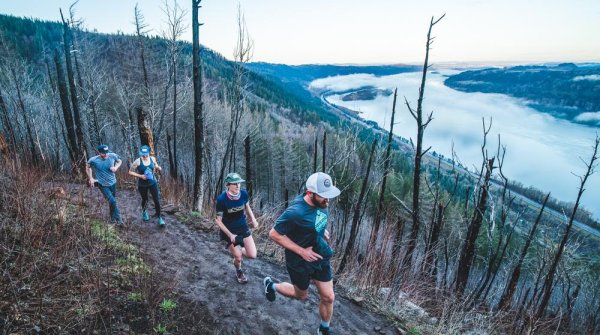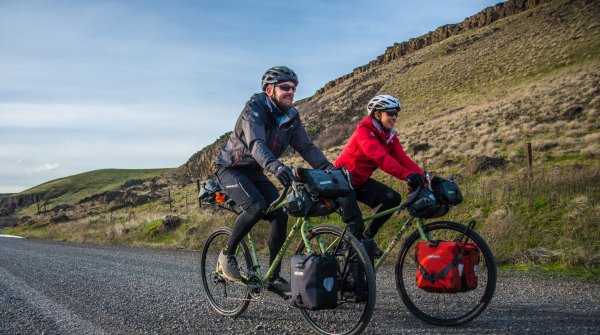
Everyone is probably aware by now that everything will be different in 2020. What exactly does this "everything different" actually mean for our annual sports schedule? Competitions and training camps cancelled, hardly any more tangible goals in sight.
How to continue or better asked: How to start again? And what about motivation, when all the competitions that were postponed from spring to autumn are now gradually being postponed to 2021?
First of all, I want to start on a positive note: A year without competitions is good for the body. Let's be honest: Most amateur athletes prefer to stand at the starting line one too many times rather than too less.
However, I quite understand the frustration when you are not allowed to deliver the hard trained competition form, or the potential highlight of the year is repeatedly postponed indefinitely. To train for a competition means - even for amateur athletes - not only fun- also renunciation, discipline and mostly a well timed daily schedule.
Nevertheless: training for a competition also means keeping fit and healthy. And that is what this year is all about, isn't it? So I can reassure you: It wasn't all for nothing.
How to continue? Need-oriented! Every body and not to be neglected: every mind - is individual and that's exactly how the training should be. In spite of all the guidelines for general structuring, the awareness that the training should primarily be tailored to one's own needs should always come first.
At the very beginning of the need-oriented training there is the question what I want to achieve now - in a time without competitions. Is it the classic "keeping me fit"? Congratulations. Get on your bike, go swimming, meet up with friends once a week for a small strength circle and if the weather and mood are right - out on the running track.
If you're afraid the bastard's gonna get the upper hand: Look for a watch with an activity tracker and try to get 100% on at least five out of seven days.
Or is there perhaps a specific weak point that you always wanted to work on but never had the time to do so? What about coordination, for example? Or torso stability? Both are often neglected topics for endurance athletes and for both you don't need special equipment.
And then there are also such "annoying" training components as mobilisation and stretching - fine-tuning, so to speak.
And what about basic endurance? It serves as the basis for the entire endurance training. If you compare the training with a house, the basic endurance is the foundation on which everything else, for example speed over longer distances, is built.
In short, basic endurance is the ability to maintain an endurance performance at a constant level. This can be 30 minutes in a row or a much longer period, depending on the level of training.
The pulse rate should not exceed 150 beats +/- (guideline) per minute during basic endurance training. For exact or individual pulse values a performance diagnosis should be carried out.
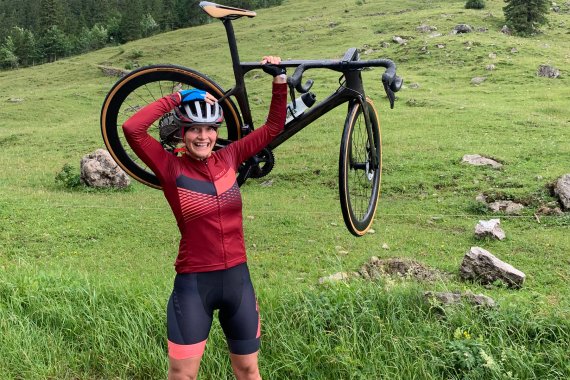
How do you train the basic endurance? By running slowly and "a little longer". In other words, if you usually run 5 kilometres in 35 minutes, you can try six kilometres in 50 minutes for a change.
My "Pro-Tip" for basic endurance training: Go hiking! This not only trains the GA, it also trains coordination and strength in the trunk, thighs and calves. Three in one, and that doesn't even include the relaxation factor.
Last but not least: Your body has 100 percent energy available, not 120. From this 100 percent, everything that is essential for survival is deducted, i.e. family matters, job and other stress factors. If you have open construction sites there, you cannot give 100 percent to training in the long run. That does not work out. Everyone should always be aware of this. Functioning, in whatever area, private or professional, can only be achieved with the appropriate relaxation balance. So if you stress yourself additionally in training instead of enjoying it, you have less capacity in everyday life.
Really consider 2020 as a Re.Start year. Orientate yourself to your needs, do the things that usually fall down in the back. Strengthen the foundations and work on deficits. So you are perfectly prepared for everything that comes. And if you are still mourning the competition form spring 2020, I can comfort you: our muscles are very, very memorable. Therefore: Let's Go!
After a strong re-start into an even stronger 2021!
About the author: Sandra Mastropietro is 32, lives with her husband and child (8 years) in the Munich area and is an enthusiastic trail runner. Since she didn't really want to "go fast", she fled to the long distances and since then she runs everything between 80 and 168 kilometers - and that strangely enough always with a smile on her face. Sandra is a specialist trainer for endurance sports, mental trainer and on top a writer (book Transalpine Run, Delius Klasing 2019 & Läuferleben, Komplett Media 2015). However and foremost she sees herself as mum.
Among her greatest successes are the 4 times finish of the Transalpine Run, 2x 100 miles at the S1 Corsa Della Bora, the Lavaredo Ultratrail, the Namibia Wild Run and passing the hardest race in the world: the Dragons Back Race.
- Awards
- Mountain sports
- Bike
- Fitness
- Health
- ISPO Munich
- Running
- Brands
- Sustainability
- Olympia
- OutDoor
- Promotion
- Sports Business
- Textrends
- Triathlon
- Water sports
- Winter sports
- eSports
- SportsTech
- OutDoor by ISPO
- Heroes
- Transformation
- Sport Fashion
- Urban Culture
- Challenges of a CEO
- Trade fairs
- Sports
- Find the Balance
- Product reviews
- Newsletter Exclusive Area
- Magazine

